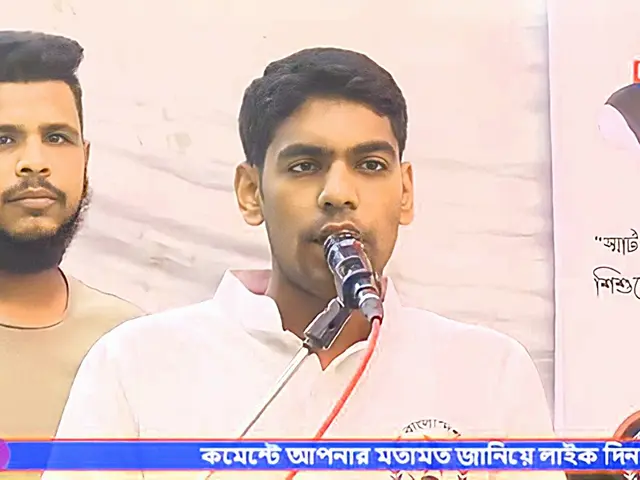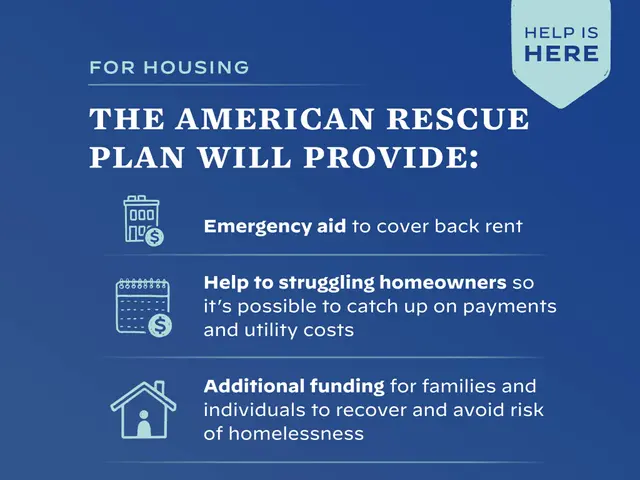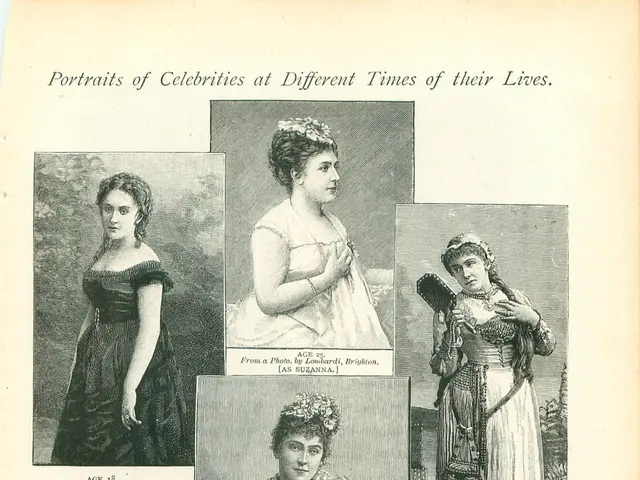Intensification of Political harassment online via social networks
Political trolling, a growing concern on social media platforms, has become a significant issue in today's digital age. This form of online harassment often involves the use of hostile or offensive language aimed at causing emotional distress about politics.
The mob mentality is a common characteristic of political trolling. Trolls often manipulate people's emotions and spread misinformation, even among those who know better. They employ various tactics, such as personal attacks, meme warfare, fake news, coordinated hashtags, impersonation, and spamming of opposing viewpoints. Anonymity allows people to say things they wouldn't dare to say face-to-face.
Coordinated political trolling can be identified by similar messages repeated across accounts, sudden trending of political hashtags, use of fake profiles, and high-volume trolling during key political events. Some political trolls may be paid to spread false information or engage in harmful behavior to sway public opinion or influence elections.
Social media platforms have introduced several measures to combat political trolling. These include content moderation tools, AI-based detection, user reporting systems, and partnerships with fact-checkers. Social media platforms should also have clear guidelines for acceptable behavior and enforce them consistently. Moderators should monitor comments sections for signs of trolling behavior and delete offending posts promptly.
To protect oneself from political trolling, it's essential to be aware of it, research suspicious posts, and avoid partisan discussion forums. It's also crucial to verify information before sharing it and to avoid engaging with trolls trying to provoke an argument. Civil society can also combat political trolling by promoting digital literacy, encouraging respectful discourse, and supporting victims through community-led initiatives.
The main causes for the increase in political trolling on social media are the disinhibition effect facilitated by online anonymity and lack of social constraints, the amplification of extremist and hateful content already present in society, and the rapid spread of fake news enabled by social media platforms' technical features. Political trolling has severe repercussions for society, eroding public trust, spreading misinformation, and creating toxic political environments.
Political trolling can be motivated by money, fame, attention, or entertainment, as well as a desire to sway public opinion or influence elections. Political trolls can be individuals, political operatives, bot networks, ideologically driven groups, or even state-backed cyber units. It's important to remember that while political trolling may seem harmless, it can have far-reaching consequences.
In conclusion, understanding political trolling and taking steps to combat it is crucial for maintaining a healthy and informed digital community. By promoting digital literacy, encouraging respectful discourse, and reporting suspicious activity, we can all contribute to a safer and more truthful online environment.
Read also:
- Today's most impactful photographic moments
- Support for Eric Adams in The Post's Letters to the Editor on August 13, 2025
- Roosting Shark and Rambunctious Red Squirrels: Unconventional House Rental in Yorkshire Involving Aquatic Marvel, Squirrely Mayhem, and Mystical Planning Regulations
- Legal Dispute Dismissed with Humor: Supreme Court Laughs off Another Civil Matter Mislabeled as Criminal Prosecution








